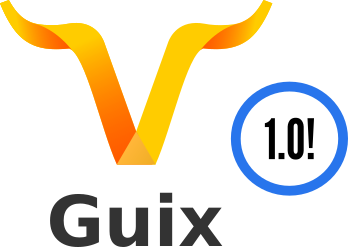GNU Spotlight with Mike Gerwitz: 18 new GNU releases in May!
mardi 28 mai 2019 à 19:56- bison-3.4.1
- cssc-1.4.1
- emms-5.2
- gama-2.05
- gcc-9.1.0
- gdb-8.3
- gettext-0.20.1
- gnunet-0.11.4
- gnupg-2.2.16
- guix-1.0.1
- hyperbole-7.0.3
- libidn-2.2.0
- librejs-7.20.1
- mcron-1.1.2
- orgadoc-1.2
- parallel-20190522
- shepherd-0.6.1
- unifont-12.1.01
For announcements of most new GNU releases, subscribe to the info-gnu mailing list: https://lists.gnu.org/mailman/listinfo/info-gnu.
To download: nearly all GNU software is available from https://ftp.gnu.org/gnu/, or preferably one of its mirrors from https://www.gnu.org/prep/ftp.html. You can use the URL https://ftpmirror.gnu.org/ to be automatically redirected to a (hopefully) nearby and up-to-date mirror.
This month, we welcome Wolf as co-maintainer of gengetopt.
A number of GNU packages, as well as the GNU operating system as a whole, are looking for maintainers and other assistance: please see https://www.gnu.org/server/takeaction.html#unmaint if you'd like to help. The general page on how to help GNU is at https://www.gnu.org/help/help.html.
If you have a working or partly working program that you'd like to offer to the GNU project as a GNU package, see https://www.gnu.org/help/evaluation.html.
As always, please feel free to write to us at maintainers@gnu.org with any GNUish questions or suggestions for future installments.

